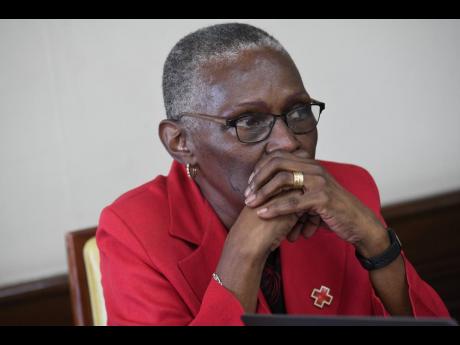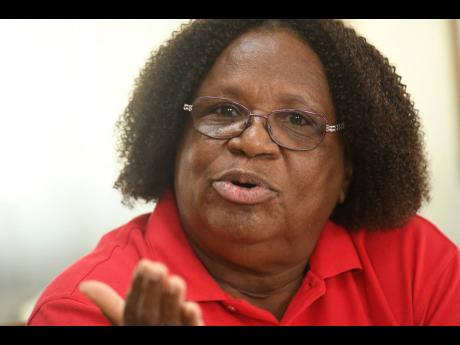Editors' Forum | Cubans, Bangladeshis, Syrians seeking refugee status in Jamaica
While only around 20 people seek refugee status in the island annually, the Jamaica Red Cross has expressed concern about why some migrants travel thousands of miles from Asia and Africa to make the country their final destination.
What has also raised alarm bells, says Lois Hue, deputy director general of the Jamaica Red Cross, is that some are on the run in a bid to avoid being sent back to their homeland. An undetermined number of those cases have been turned over to the police.
Addressing a Gleaner Editors’ Forum recently, Hue questioned why Africans, Syrians, and Bangladeshis were making a beeline for Jamaica, opting to bypass many other countries that were geographically and culturally more familiar.
“I am very concerned about this, and I am trying to identify why, in the first place, they want to come here. So right now, research is being done to find out if there is something with Jamaica that made them pass everywhere else to reach here,” she said.
“Considering there are no direct flights from Syria, for example, to Jamaica, why would they have gone through so many countries and continued on a flight only to get to Jamaica? Many of them make here their final stop, and we need to know why.”
In recent years, Jamaica has reportedly given refugee status to a number of people from Syria, Bangladesh, India, Cuba, Haiti, and Nigeria.
According to Hue, while most refugees pose no security threat whatsoever and are mostly concerned about their well-being, some Nigerians have been labelled as mischief makers.
Jamaica Red Cross executive board member Audrey Mullings told The Gleaner that in one instance, a group of Nigerians pretending to be Jamaicans sought to acquire passports from the immigration office in Trinidad and Tobago and were only found out when they failed to answer “simple questions about the island”.
Mullings said further that Cuban and Syrian refugees have been assisted with their humanitarian needs through funding from the United Nations Human Rights Council.


